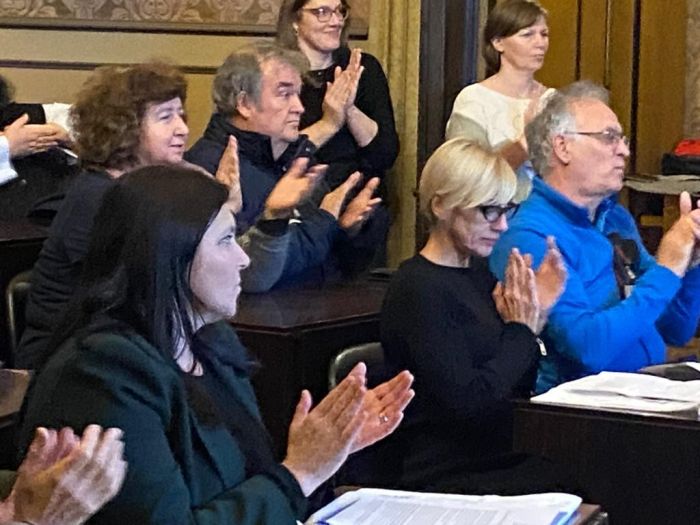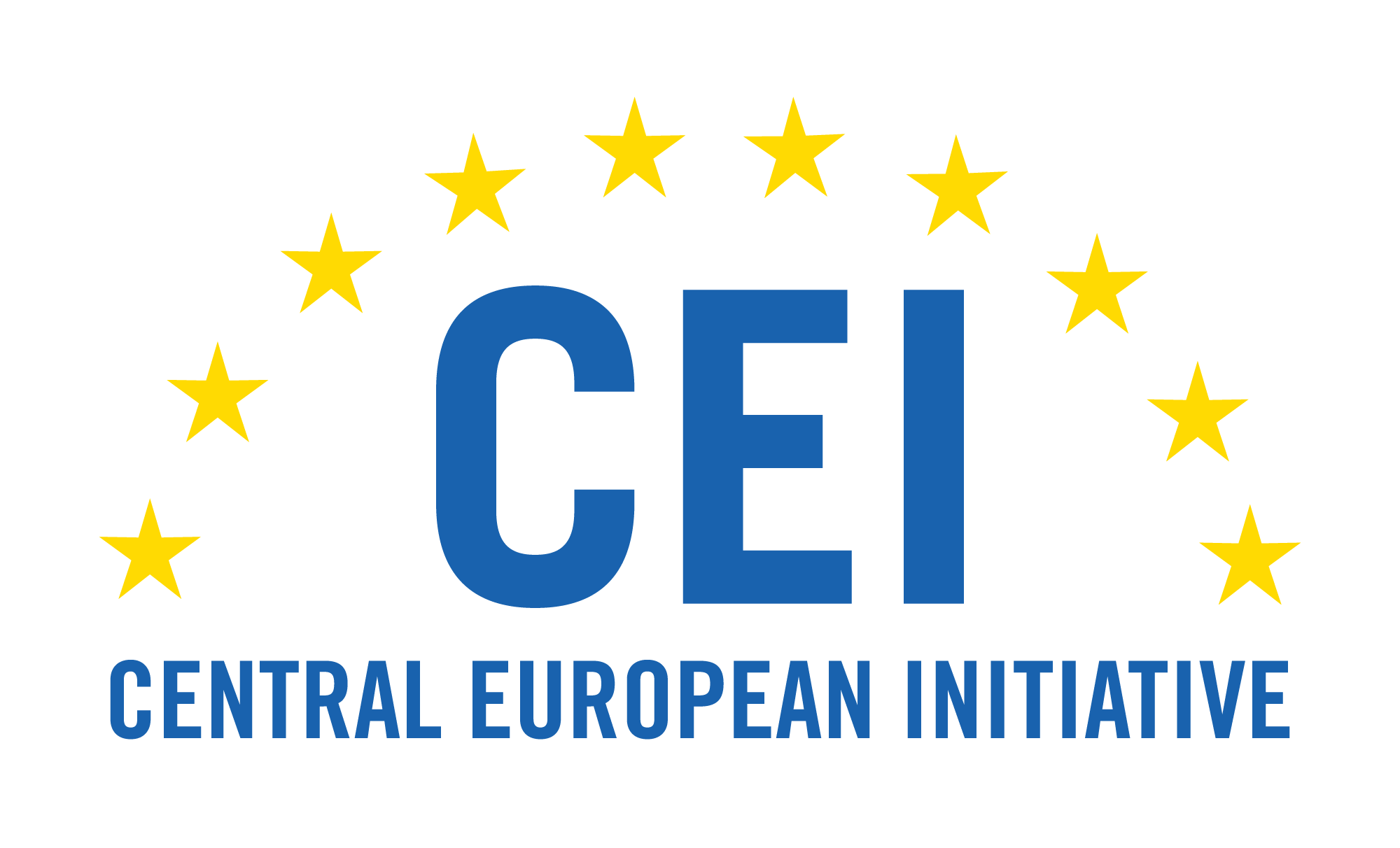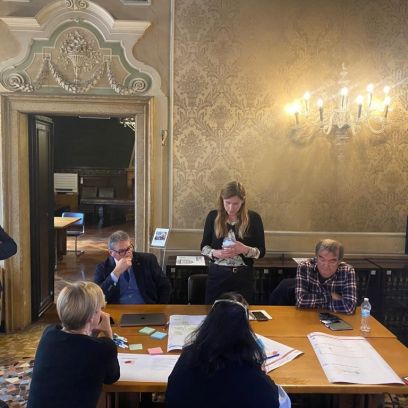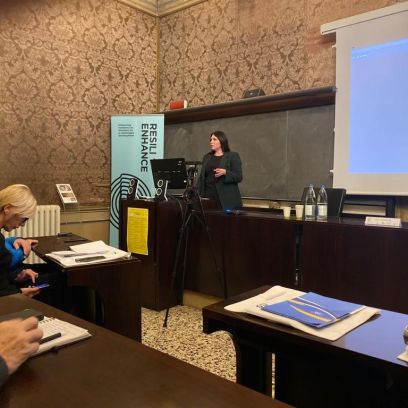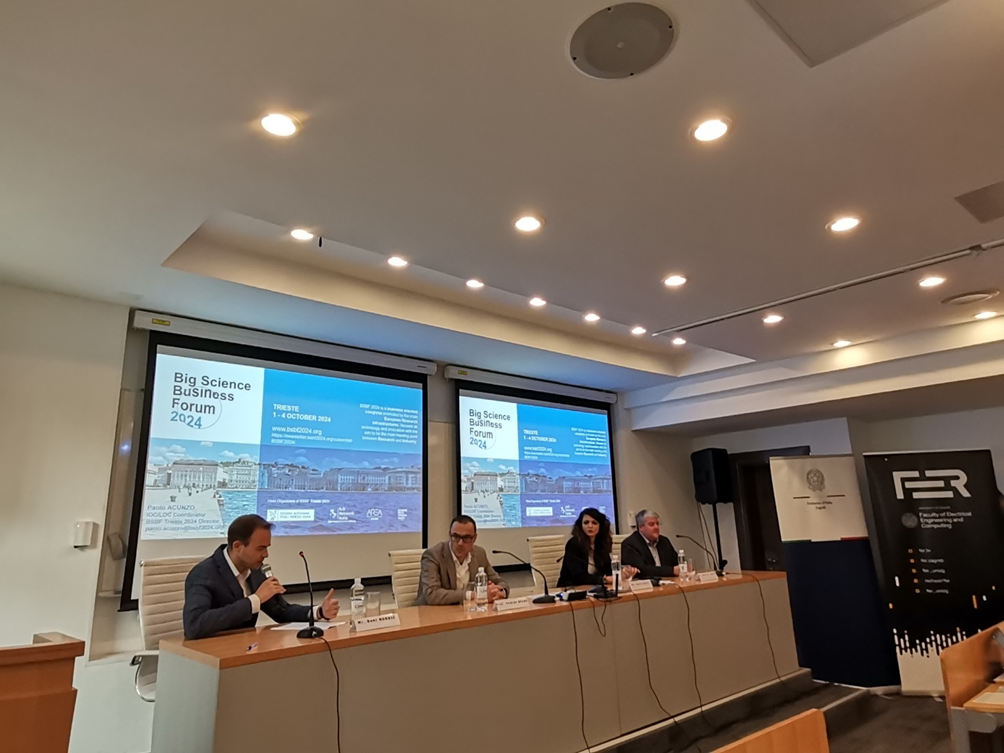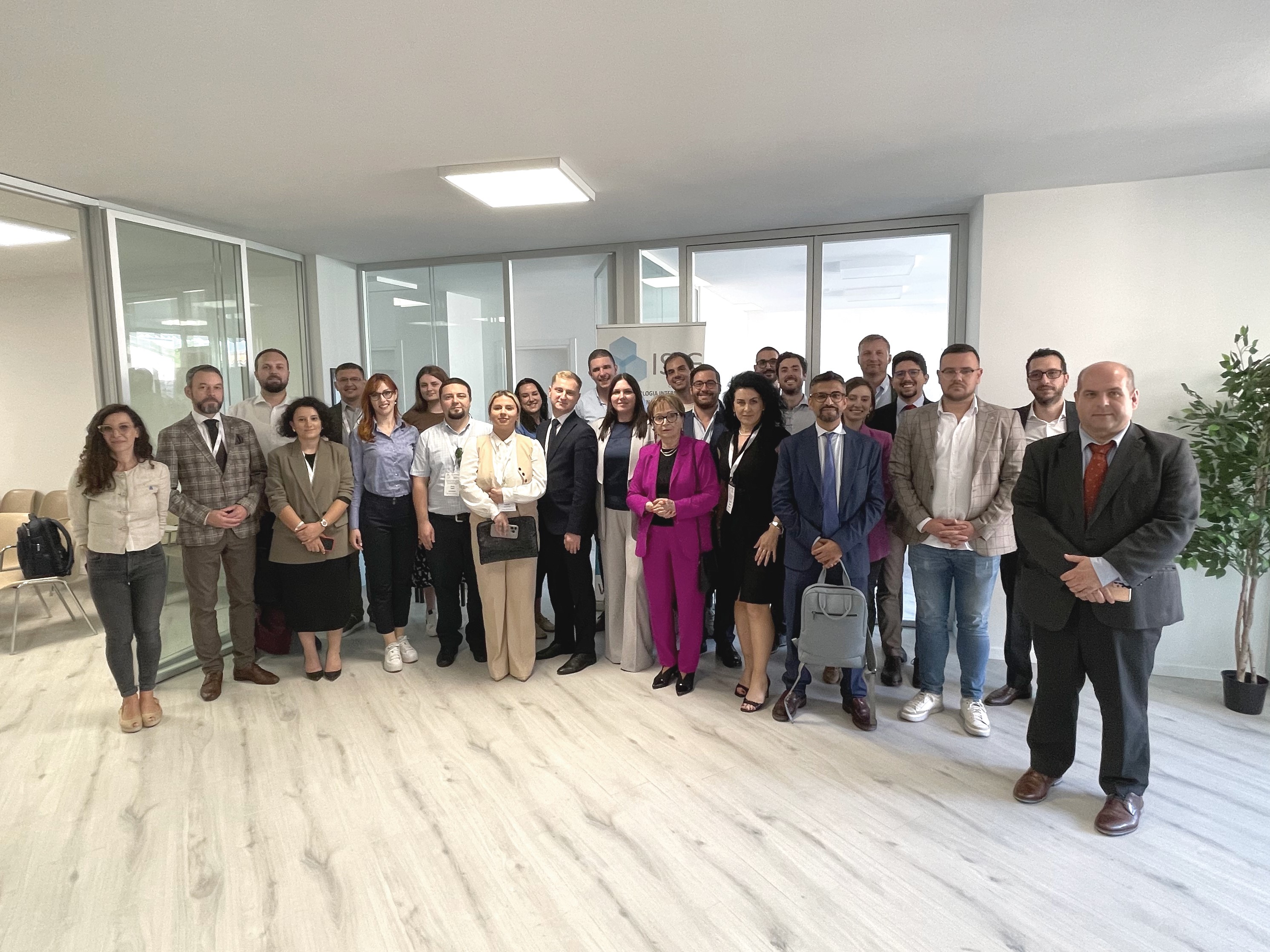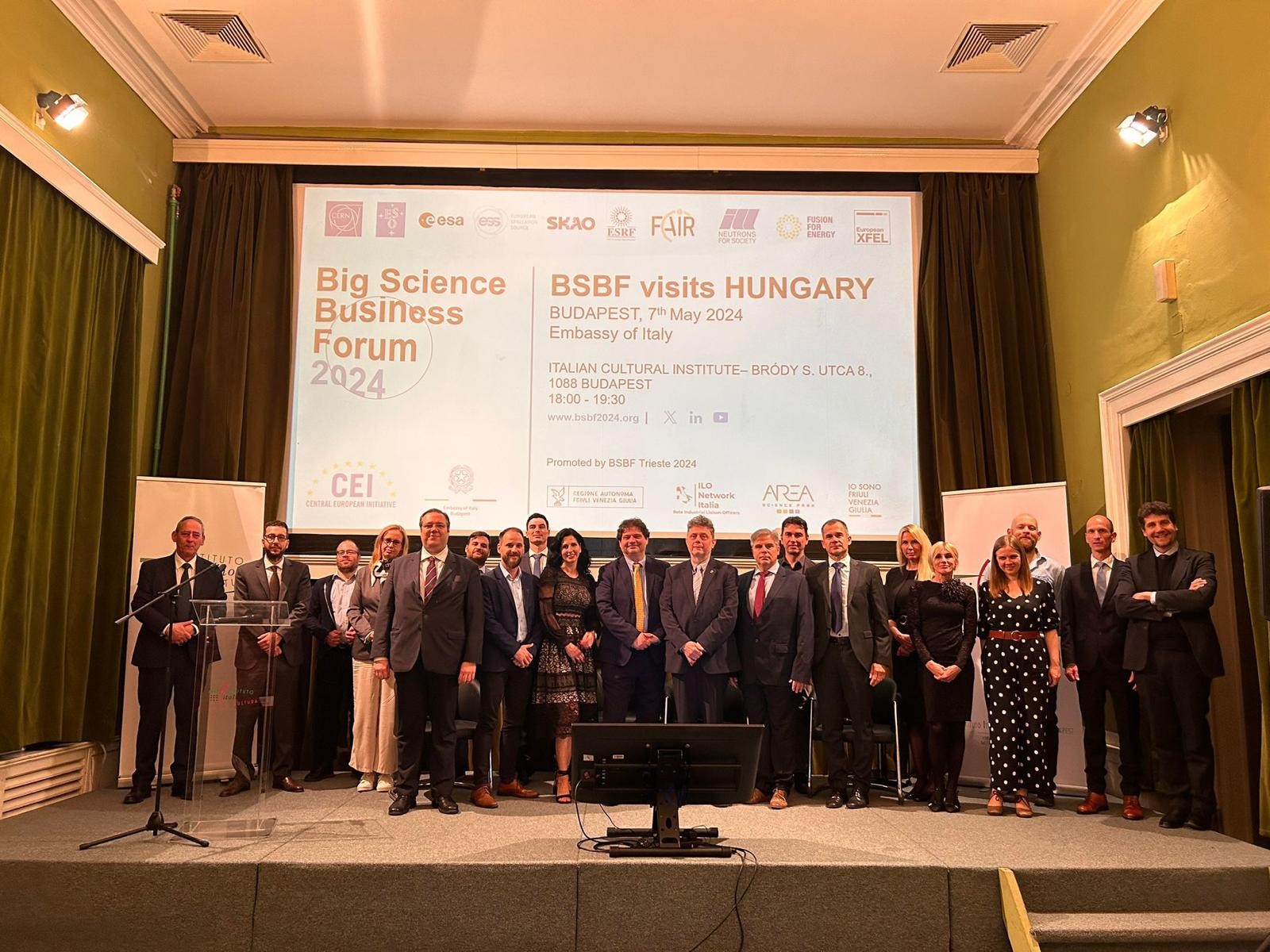The recently launched RESILIENHANCE project[*] - focused on enhancing territorial resilience against natural and man-made risks - is gaining momentum with the participation of the UNESCO Chairs of the CEI Member States.
The project is a collaborative effort implemented together by the CEI-Executive Secretariat and the UNESCO Chair in Intersectoral Security for Disaster Risk Reduction and Resilience at the University of Udine. Its primary goal is to promote territorial resilience for supporting the achievement of the UN 2030 Agenda through various initiatives elaborated within a “RESILIENHANCE platform”.
These include seminars, methodological development, and updated guidelines to address systemic risks; the Platform acts as a knowledge-sharing and knowledge-bridging tool and operates with networks among scientists, policy-makers, and experts from CEI's Member States, United Nations and European, and regional and local institutions.
In a recent gathering in Udine (Italy) at the CISM (International Centre for Mechanical Sciences), a multidisciplinary group of experts from CEI, UNESCO, UNDRR (UN Office for Disaster Risk Reduction) and UNECSO Chairs of CEI countries met to analyse and exchange views and expertise regarding a case study of the reconstruction after the 1976 Friuli Venezia Friuli Venezia Giulia’s Earthquake and the related disaster governance cases.
In this setting, CEI Deputy Secretary General Nina Kodelja - along with the FVG Central Director of the research and training department, Ketty Segatti; the Rector of the University of Udine, Roberto Pinton; with Soichiro Yasukawa, Chief of UNDRR Unit for Europe and Central Asia; Sebastian Penzini, Chief Officer, and Francesca Bamba, UNESCO Programme Specialist - discussed the next steps to apply the expert recommendations for strengthening territorial resilience to adverse events and critical situations.
Among these, the creation of an open science-policy-society interface that allows interdisciplinary and intersectoral exchanges through policy briefings, scientific papers, discussion forums.
DSG Kodelja, in particular, underlined that the CEI would continue to provide support to the establishment of science-policy-diplomacy interfaces on topics such as disaster risk reduction and the consequences of climate changes, in line with the implementation of the SDGs of the 2030 Agenda.
For more info: fortuna@cei.int
The CEI promotes activities aimed at rethinking the way of producing and consuming by adopting a circular approach, which can improve both the environment and the competitiveness of enterprises (Plan of Action 2021-23).
The project aligns seamlessly with the CEI PoA, recognising the importance of constructing a circular economy that can withstand natural disasters as a fundamental element in advancing sustainable territorial initiatives.
[*] The project is co-financed under the Friuli Venezia Giulia Regional funds (L.R18/2011) - CEI-FVG operative programme 756/2021

